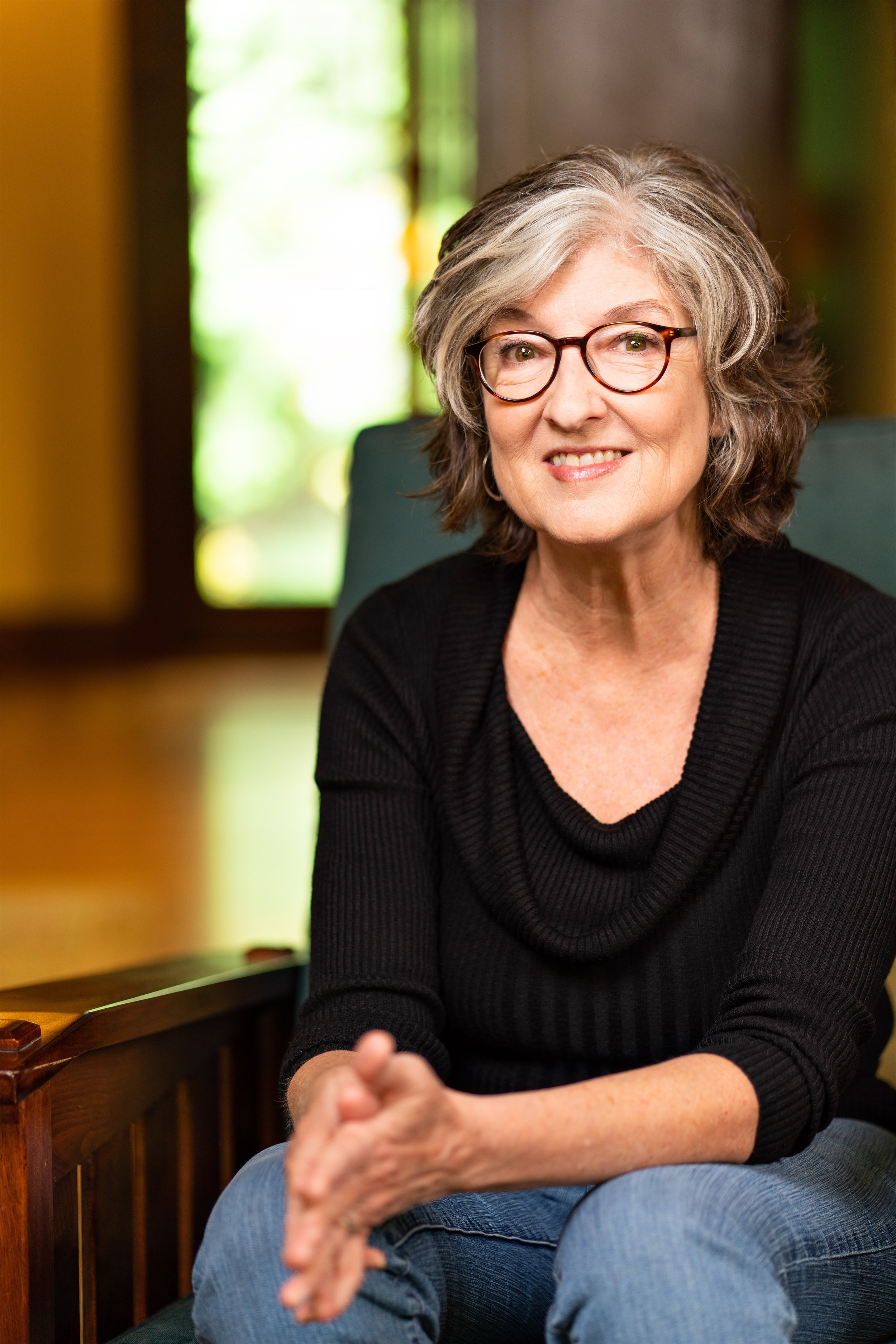Hay 2023 Picks: Barbara Kingsolver in Conversation with Kirsty Lang
‘That Dickens’ story is still so relevant and applicable to modern society is something we should really think about’.
Beloved author Barbara Kingsolver has just won the Pulitzer Prize and the Women’s Prize for Fiction for her latest novel, Demon Copperhead – an epic retelling of Dickens’ David Copperfield, set in the Appalachian mountains amid the US opioid crisis. Barbara joined Kirsty Lang to speak about creating this literary feat and the social prejudices and problems that made its creation necessary in order to give a platform to some of the largest social issues of modern-day America.
Kingsolver had wanted to write about the Opioid crisis in the US – a truly tragic epidemic that has claimed millions of lives at the hands of the pharmaceutical conglomerates who covered up the side effects of Oxytocin and similar pain relief drugs. It is a crime against humanity and a pinnacle of the evils of capitalism. Unable to find the right narrative avenue to tell a story that has affected so many, little had progressed two years into Barbara’s writing process. It was only when she stayed in Dickens’ old home in Broadstairs, England, that a spark went off, and from his very writing desk, she began to rework Dickens’ age-old tale.
That Dickens’ story is still so relevant and applicable to modern society is something we should really think about, Barbara prompted; it is a marker that social inequalities, poverty, and drug addiction have changed little since the Victorian era.
Barbara has a thick Virginian accent and herself lives in Appalachia, one of the poorest areas in America. She raised the issue of the deeply entrenched rural and urban divide in the US; her friends often asking her: ‘How can you live out there, in the middle of nowhere?’. She looks troubled, “‘Nowhere’ - how dismissive is that?”. This bias against rural folk has materialised strongly in the ‘hillbilly’ stereotype, often arising as crude, mocking tropes and jokes. This is her community, she tells us. But hers is often a warm, tight-knit society, she educates her large audience, who step in to help each other where state policy fails. It shouldn’t be this way, though, she says, and life shouldn’t be so hard for so many young people who struggle to get enough food in their bellies, roofs over their heads, and a solid and steady education.
She’s an author that tackles big problems, and she isn’t afraid to take risks and confront her country, earning her a reputation as one of the great social commentators of our time.
Editorial Picks




